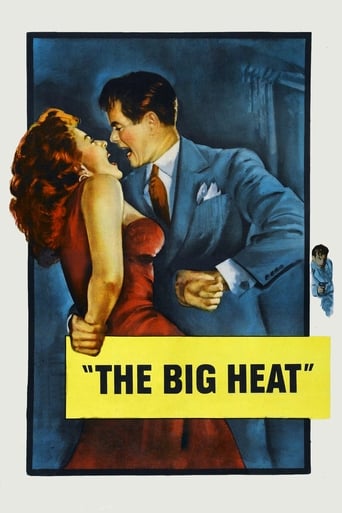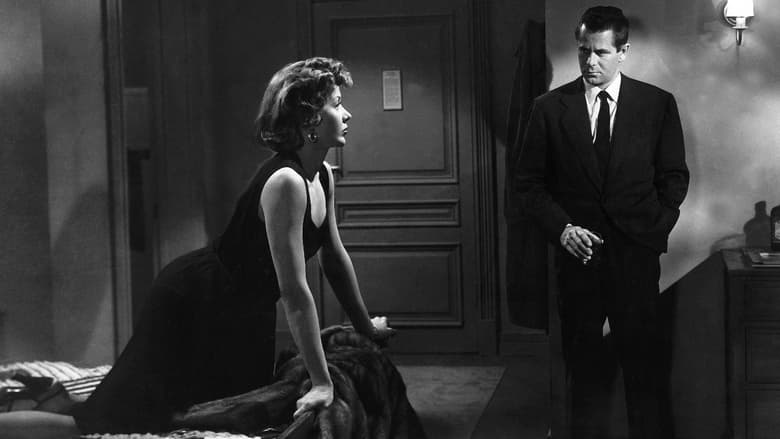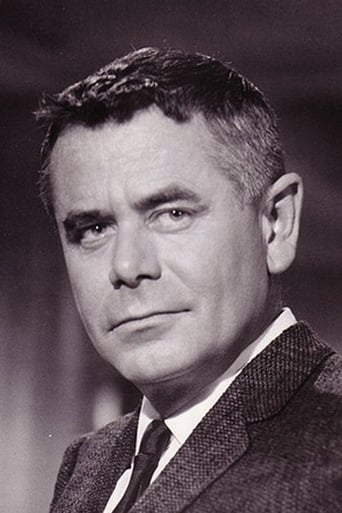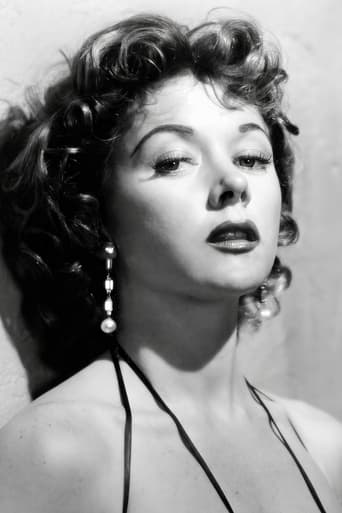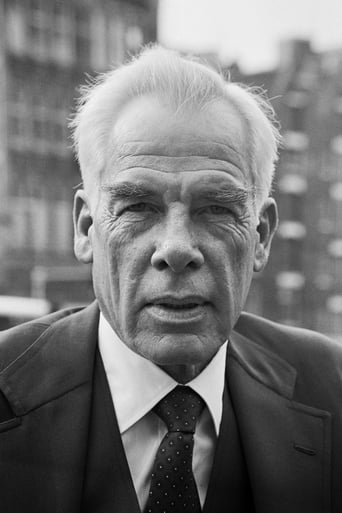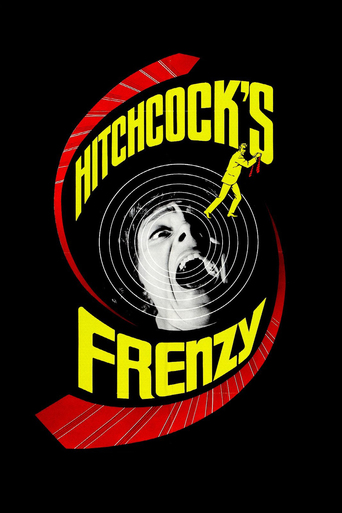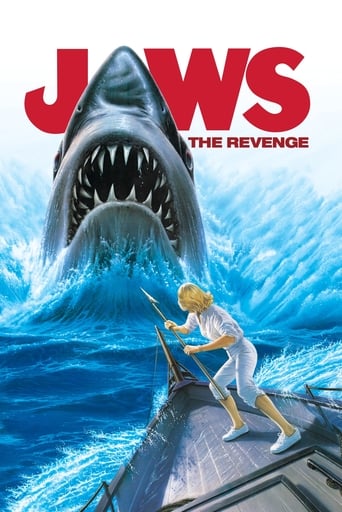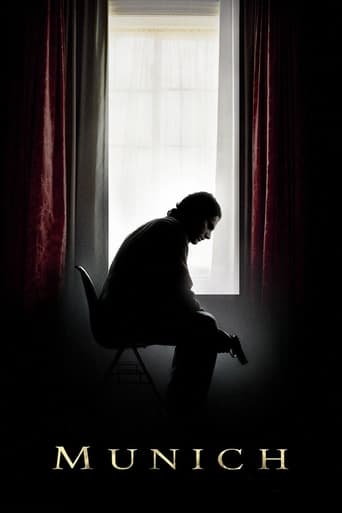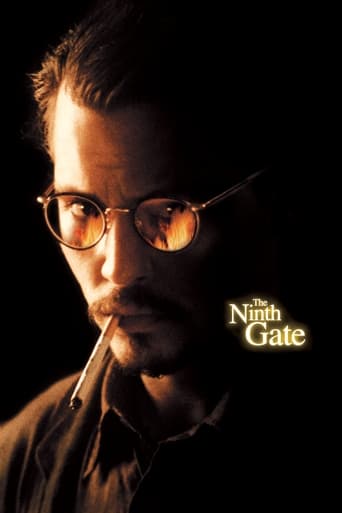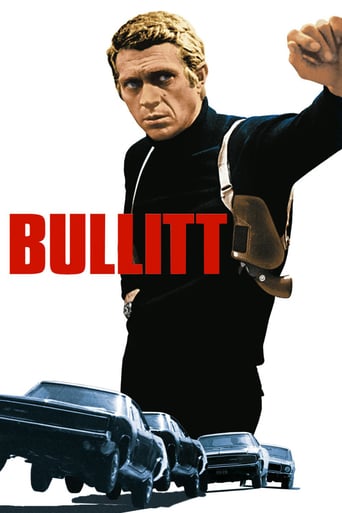The Big Heat (1953)
Tough cop Dave Bannion takes on a politically powerful crime syndicate. Preserved by the Academy Film Archive in partnership with Sony Pictures Entertainment in 1997.
Watch Trailer
Cast


Similar titles
Reviews
Fresh and Exciting
At first rather annoying in its heavy emphasis on reenactments, this movie ultimately proves fascinating, simply because the complicated, highly dramatic tale it tells still almost defies belief.
The acting in this movie is really good.
The film's masterful storytelling did its job. The message was clear. No need to overdo.
Glen Ford is one of those charismatic actors from a previous era. In this film he does a nice job playing a tough talking cop. Some might say he is reckless....as a matter of fact, his behavior ends up getting his wife killed. This, of course, lights the ultimate fire to go after a gang boss who has a set of thugs working for him. In the mix are some women who are hooked up with this guy and who also pay dearly. This is one of those man against the world efforts that is quite slick, action packed, and a good deal of fun.
The Big Heat starts out as many crime films do. A detective investigates a death which could possibly be a murder and gradually things become more complicated. But usually, you get a whodunnit where everyone acts suspicious and slowly a mystery unravels and a culprit is found. The end. But here, we jump head-first into a major battle between a cop and a mob syndicate. The tone is ominous and the people and places are dangerous. But our hero is not happy to do as he's told and he can't stand being surrounded by those that do (because they're afraid).Movies maintain your interest with tension and changes to the situation. The plot moves and it keeps you involved. Some movies feel slow at times or predictable. If nothing is happening, the suspense fades away. The Big Heat contains many events that can be quite shocking and which shift the balance of power and motivation for the characters. It keeps getting more interesting. It can feel inevitable in retrospect, but the first time it's full of surprises.I really like Glenn Ford as Bannion. He seems like a good, passionate cop and a kind and caring husband and father. I was genuinely moved by his performance in several scenes. But that's also thanks to the direction, the story and the other performances. Jocelyn Brando (Marlon's older sister) is very good, a loving wife but in a real kind of way not a cheesy way. Gloria Grahame and Lee Marvin are excellent as well and bring lots of energy and character to their roles (I don't know how else to word it).I felt like some of the scenes were a bit typical at first (giving so much attention to an attractive woman, showing intimate family moments) but as the film progresses, you see that everything is there for a reason. What is white without black? You need contrast, a background, a context. Loss is not appreciated without seeing what is lost. An empty room has meaning if you know what used to be in it. Every scene in this movie serves a purpose. We might not be told the purpose, but we feel it in the greater scope of the whole film.The Big Heat is riveting all the way through. There is real menace and a feeling that anything could happen. It holds no punches - I was really affected by certain scenes, they have real impact and involve you even more in the film. There are a number of interesting similarities with The Dark Knight, another great film where a man takes the mob head on and tries to put an end to corruption and crime. Anyway, I immensely enjoyed it. It's uncompromising but very rewarding and entertaining. One of my new favourite movies.
People reviewing mystery novels often say that the book in question is not just a great mystery, but a genuine piece of great literature. Though the remark is banal, I feel like saying something like that about The Big Heat. It's not just a great noir classic, which it certainly is, but a great flat-out great film. What makes it so is that Gloria Grahame's Debby Marsh and Glenn Ford's Dave Bannion - both stars are luminous in their roles - make a genuine and believable human connection. Although there's a touch of romance to it, it's not primarily an erotic connection – just a human one. And it redeems them both, her from the selfishness and triviality of her life, and him from his contempt for those around him as "scared rabbits." A deep and powerful film, which stays with you.
The Big Heat is a prime contender for the cruelest and most brutal of all film noirs, which is saying quite a lot. At the same time, a big part of why that may be so is that The Big Heat is in many ways hardly a film noir at all. All of the great canonical film noirs, including Otto Preminger's Laura, Billy Wilder's Double Indemnity and Ace in the Hole, Jacques Tourneur's Out of the Past, and Alexander Mackendrick's The Sweet Smell of Success, tend to be populated by characters with little trace of goodness left in them; they are all doomed, fated to their inevitably bitter ends from the outset. What makes The Big Heat so powerful and disturbing—and, ultimately, so unlike most film noirs—is that it has, at its heart, many genuinely good people.Fritz Lang, the brilliant German director who had already cemented his place in cinematic history with monumental films like Metropolis, Dr. Mabuse: The Gambler, and M, creates in The Big Heat a film whose strength lies in defying expectations of plot, genre, and characterization. Its opening, for instance, is not a far cry from the usual hard-boiled detective formula. Police Sergeant Bannion (Glenn Ford) is assigned to investigate the suicide of a high-ranking fellow officer, which leads him to uncover a trail of corruption and licentiousness and, in turn, puts him into deep trouble with the local mob syndicate, headed by Mike Legana (Alex Scourby) and the psychopathic Vince Stone (a young Lee Marvin).Lang manages to transcend these cut-and-dry foundations, however, by affording his protagonist a greater depth than one usually finds in a hard-boiled detective hero. The typical hard-boiled detective is unshakeable, wisecracking and ethically-ambiguous, but generally one-note: coolness is all they have going for them. Glenn Ford's character, by contrast, is a family man and, ultimately, a tragic figure. Whereas the characters in other film noirs are often so uniformly reprehensible that any misfortunes that befall them seem almost warranted, the juxtaposition between Bannion's tough policeman persona and his fatherly sensitivity and protectiveness—first with his daughter and later with Stone's abused girlfriend Debbie (Gloria Grahame)—makes the character's plights and perils all the more involving. You see, Bannion is not just a smart-talking male power fantasy, but a decent, honest man who is merely driven to brutality by tragic circumstances.Perhaps the reason that The Big Heat seems so sadistically violent, then, is that the audience is given genuine reason to sympathize with those who are subjected to it. Again, this is where Lang's genius really comes into play. Anyone who has seen enough Hollywood movies would naturally expect that after Bannion carries his unconscious wife (played by Marlon Brando's older sister, Jocelyn Brando) off-screen after she has been wounded in a car-bombing intended for him, there would be a scene in which we see her safely recovering in a hospital bed and Bannion angrily promising her that he will find out who was responsible for the attack. But no: in the next scene, we find out that she dies. On top of that, Lang mercilessly obliterates the quaint, idyllic domesticity of the Bannion household in earlier scenes with a scene in which Bannion bitterly packs up and moves out of the old family home, now cold and empty. It's truly heartbreaking, and it makes Bannion's subsequent trials all the more compelling and, dare I say, poignant. The same goes for the infamous scene in which Lee Marvin scalds Gloria Grahame's face with a pot of boiling coffee. The scene is especially cringe-inducing and sadistic because the audience realizes that she is not just some vain, self-obsessed gangster moll (which, in a more conventional film noir, would make the cruel attack seem like poetic justice), but merely an unlucky, good-natured girl who got caught up with the wrong kind of guys.The rest of The Big Heat then works like the best of revenge tragedies, in which even more cruelty and violent retribution is enacted as form of catharsis. The one thing that struck me the most about the action in this film is just how much more forceful and yet satisfying it seemed. Just like any hard-boiled hero, Bannion goes around and punches the lights out of a lot of henchmen throughout the film. Under Lang's direction, though, the punching in The Big Heat doesn't have the stagey and almost slapstick-like physics of other cinematic punches, with the bad guys awkwardly stumbling backwards or flipping over tables. Instead, when Bannion punches somebody, they practically fly across the room, knocking everything down in their path. That Lang often quick-cuts or whips the camera around in tandem with the physical blows gives an even greater illusion of weight to the action. Furthermore, not only does Bannion punch a lot of people, but he strangles quite a few people too, including one of the female antagonists. It is here that I must give due credit to Glenn Ford for his performance here: he is not just good; he's scary good. Again, the fact that Ford is capable of showing Bannion as both a loving family man and a ruthless enforcer makes things all the more chilling.It's almost unbelievable that a film as relentless, audacious, and absorbing as Lang's The Big Heat could have been made in the context of the Hollywood studio system under the notoriously restrictive Production Code. Then again, like many of the best films from this era, maybe it's precisely *because* of the constraints of the period that the film is so effective: denied the ability to portray realistic violence or sexual content—the kind that is all but commonplace in today's films—, a filmmaker like Lang would have had to rely on the subtle power of suggestion and of well-honed characterization to generate emotional impact. That Lang was still able to make it all work so astoundingly well is surely a testament to both his and the film's undeniable greatness.

